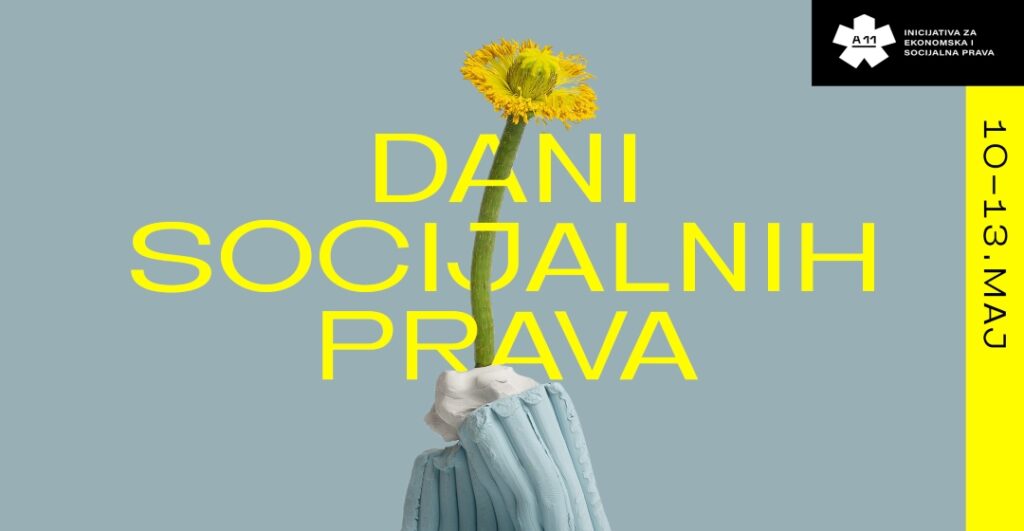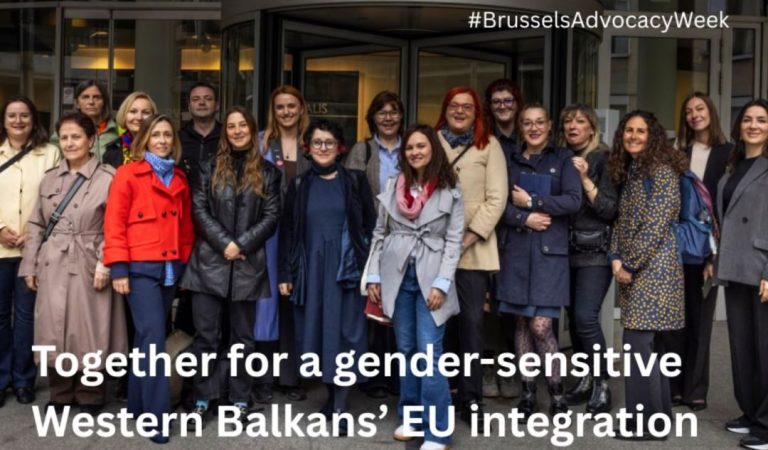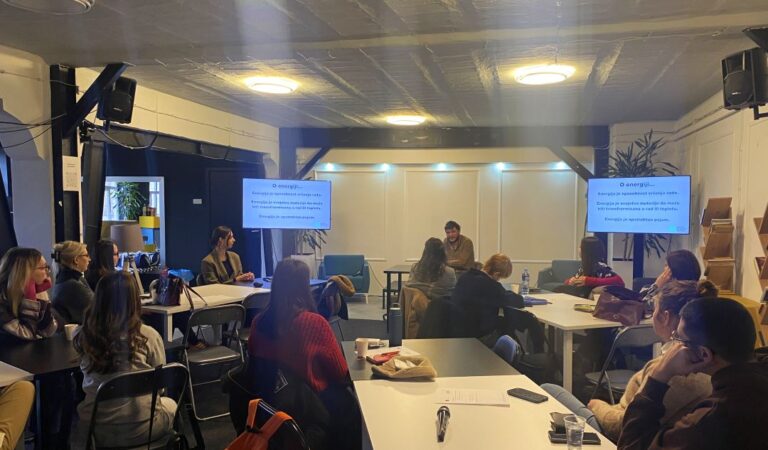The most economically and socially vulnerable categories of citizens are workers who work for the minimum wage, families with more than four children, citizens who do not have ID cards or health cards, Roma, internally displaced persons from Kosovo, and citizens who are beneficiaries of financial or other social assistance. These are people whose economic and social rights (to work, health, education, housing and social protection) are by far the most endangered in Serbia.
The state rejected all proposals for improving the legal solutions, that came from the civil society during the last year, that would improve the position of these people in a way. It is realistic to expect that people who belong to these categories, and there are more than a million of them, will have the hardest time withstanding the burden of the great economic crisis and recession we are entering.
These are the conclusions of the annual report on the state of economic and social rights represented by A 11 – Initiative for Economic and Social Rights (Initiative A 11) within the manifestation „Social Rights Days“, which is being held in Belgrade for the first time this year.
„We are waiting for a new economic crisis without any idea how to enable a dignified life for the poorest, and that is a manner that this country is repeating. The state is not interested in responding to proposals for changes in the law, nor in withdrawing the unconstitutional provisions of certain laws“, said Danilo Ćurčić, program coordinator of Initiative A 11, at the presentation of the report titled „Distorted Image – Economic and Social Rights in Serbia“.
Serbia does not have a Social Protection Strategy or Strategy for the Fight against Poverty, and the amendments to the Law on Social Protection, which were announced six years ago, have not yet been adopted.
Initiative A 11 analyzed the state of economic and social rights in five areas: labor and employment, health, education, housing and social protection. Below are the main conclusions regarding the position of the most vulnerable categories of citizens. You can view the full report here.
Workers on a minimum wage
Around 400,000 people in Serbia work for the minimum wage, and it cannot cover the costs of the minimum consumer basket for a long time now. According to the Labor Law, only those who are employed, ie those who have an employment contract, have the status of workers in Serbia. The law does not consider that workers are those who are engaged under service contracts, temporary and occasional jobs, those who are on additional work, or the army of those who work without contracts. These people, therefore, often do not have the right to health care, paid sick leave, safety and health at work, or other employment rights. According to the data from the Labor Force Survey from 2021, 115,900 workers work without the right to health insurance, 154,200 of them without the right to paid sick leave. As many as 21.5 percent of workers endanger their mental and physical health by working overtime without any compensation, in order to earn for their basic needs.
Families with more than four children
The Law on Financial Support to Families with Children prescribes that assistance is received for the first, second, third and fourth child, but not the fifth or other children in the family. It is an old, incomprehensible, discriminatory provision of the Law that does not recognize the simple reality – that families with more children have higher costs. Data from the 2011 census show that there are just over 5,000 families with five or more children in Serbia, and that a third of them are Roma families, while a quarter of those families are parents without finishing primary school or completely illiterate.
Persons without an ID card or health cards
Lack of personal documents is not always, as it is believed, a characteristic of negligence and ignorance of citizens. On the contrary, due to large migrations of the population, long-term refugees and constant migrations within the country, but also complicated administrative procedures, ali i komplikovanih administrativnih procedura, the number of people who do not have proper personal documents is not small. That is why they do not have numerous human rights and, most importantly, the right to free treatment, which is guaranteed to all of us, as citizens of Serbia, by the Constitution. It is not uncommon for hospitals to try to charge huge sums to people in this category whose treatment they accept, and as they are unable to pay, such situations usually end in threats of lawsuits and court procedures. As long as they do not have a residence address, citizens cannot obtain an ID card or health card. The most affected are homeless people, Roma and internally displaced persons.
Beneficiaries of social assistance
Same problems, year after year. The amount of financial social assistance is around 80 euros, and it is granted only for nine months in a calendar year, if the person is able to work. Social workers are lightly revoking this right of citizens because they are referring to the so-called „missed earnings“, which means that they can estimate that someone could have worked and earned money but did not. Last year, the Law on Social Card was adopted, to which the civil sector has many objections, primarily because it was made mainly for stricter control of beneficiaries of financial social assistance and because it processes a huge amount of personal data of social protection beneficiaries, and not for proactive measures that would lead to better protection of the most endangered citizens.



